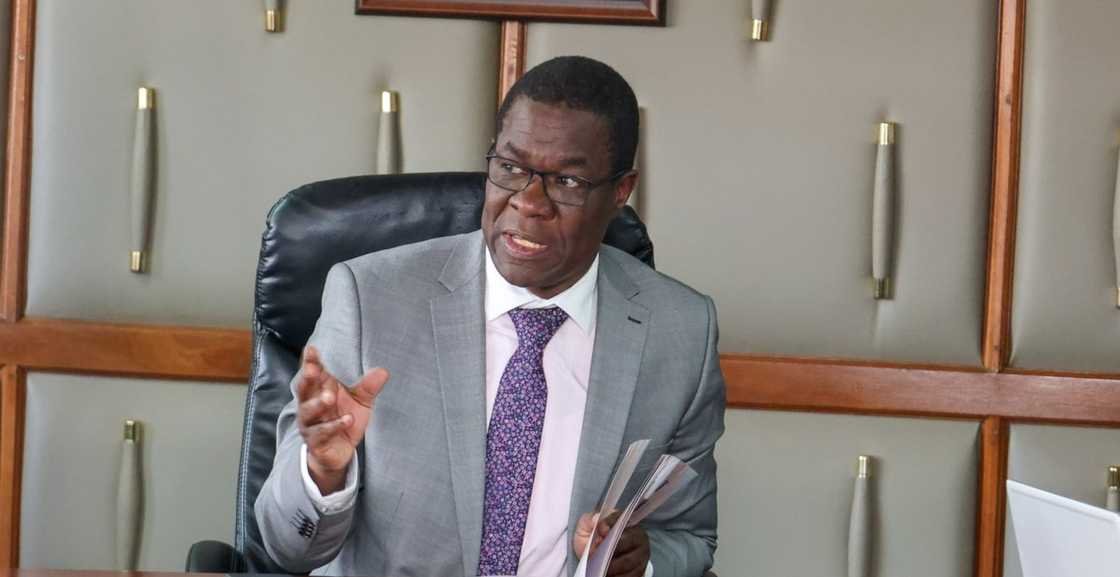Kenya Earns KSh 248m in Royalties for Crude Oil Exports from Turkana
- Tullow and its previous partners, Africa Oil and Total, shipped 350,000 barrels of crude oil, earning $4 million (KSh 517.2 million at the current exchange rate)
- Nearly half of the revenue generated from the sale of crude oil was paid as royalties to the Kenyan government
- It was generally anticipated that commercial production would begin within two years after the crude oil was shipped to China and India, but there were delays
Japhet Ruto, a journalist at TUKO.co.ke, brings more than eight years of experience in finance, business, and technology, offering deep insights on economic developments in Kenya and globally.
Kenya received $1.915 million (KSh 248.2 million) in royalties from the Turkana for crude oil exports as part of a plan to gauge the commodity's demand worldwide.

Source: Getty Images
How Kenya earned millions in royalties
According to Tullow Oil, the payments were made in 2024, with block 10BB receiving the largest amount at $1.103 million (KSh 143 million).
This was followed by block 13T at $674,000 (KSh 87.4 million) and block 10BA at $138,000 (KSh 17.8 million).
Under the Early Oil Pilot Scheme (EOPS), Tullow and its previous partners Africa Oil and Total shipped 350,000 barrels of crude oil during 2019 and part of 2020, earning $4 million (KSh 517.2 million at the current exchange rate) from the sales of the cargoes.
Governments receive royalties in cash from oil exploration companies in exchange for the right to extract gas or oil.
Nearly half of the revenue generated from the sale of crude oil was disbursed as royalties.
According to the financial report, the royalties paid to the Kenyan government amounted to 7.31% of the $26.17 million (KSh 3.38 billion) in royalties that Tullow paid last year across all countries where it operates commercial crude oil exploration and production.
Which countries imported crude oil from Kenya?
The two-year programme, which began in June 2018, was designed to gauge Turkana crude oil's competitiveness on the international market as Kenya prepared to begin commercial production.
It was generally anticipated that commercial production would begin within two years after the crude oil was shipped to China and India.
Kenya wants to sell crude oil for billions of dollars, but this plan has been postponed for more than four years.

Source: Twitter
How Kenya plans to jumpstart operations
In the 2025/2026 budget, the National Treasury has set aside KSh 1.67 billion to fast-track preparations for commercial oil production in Turkana.
This comes after Tullow sold its Turkana stake to Gulf Energy for KSh 15 billion after more than a decade of stagnation.
The British firm will continue to receive a royalty on future oil production as well as a free back-in right for a 30% stake in further stages of development.
As per the proposed budget, KSh 890 million would be allocated to pipeline design (up from KSh 454 million) and KSh 780 million for oilfield development (up from KSh 352 million).
The South Lokichar Basin’s field extraction plan has been expedited, according to Energy CS Opiyo Wandayi, with 23 villages registered for oil extraction and land already delineated.
Proofreading by Jackson Otukho, copy editor at TUKO.co.ke.
Source: TUKO.co.ke

